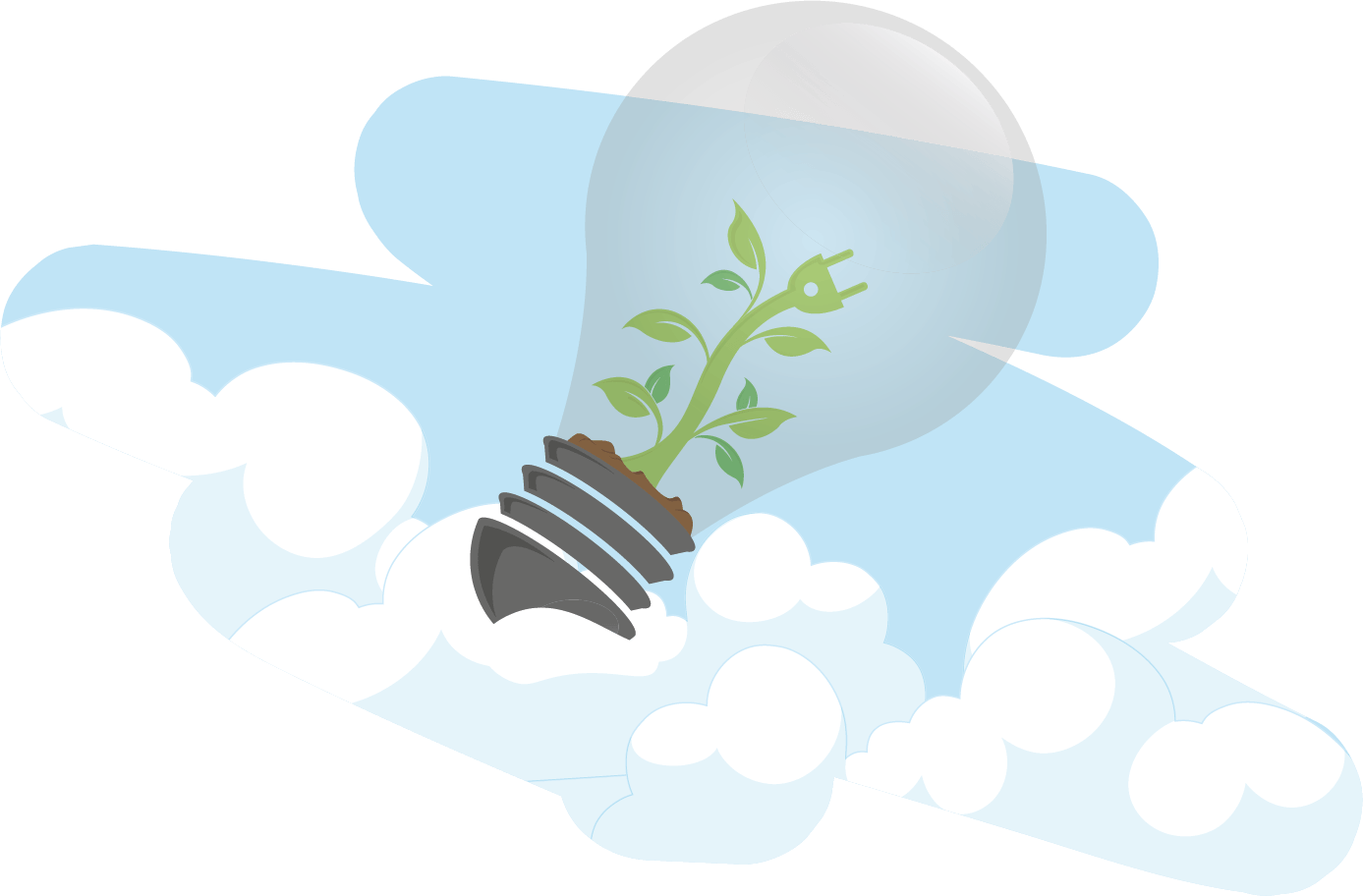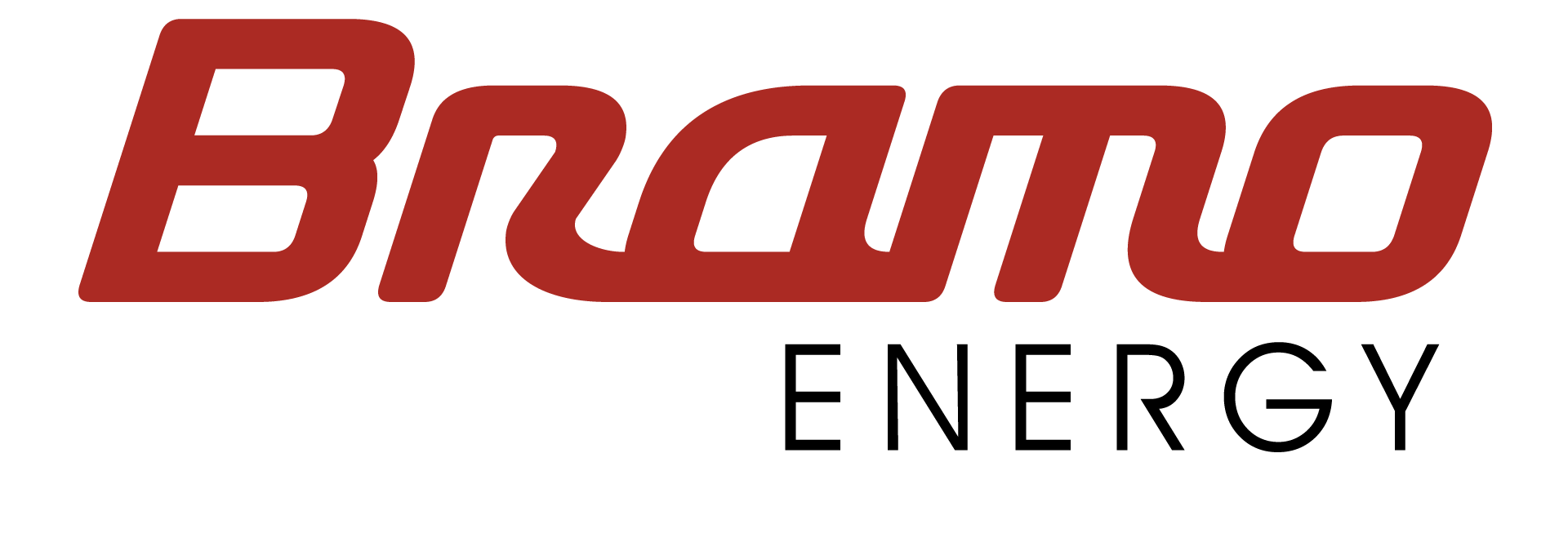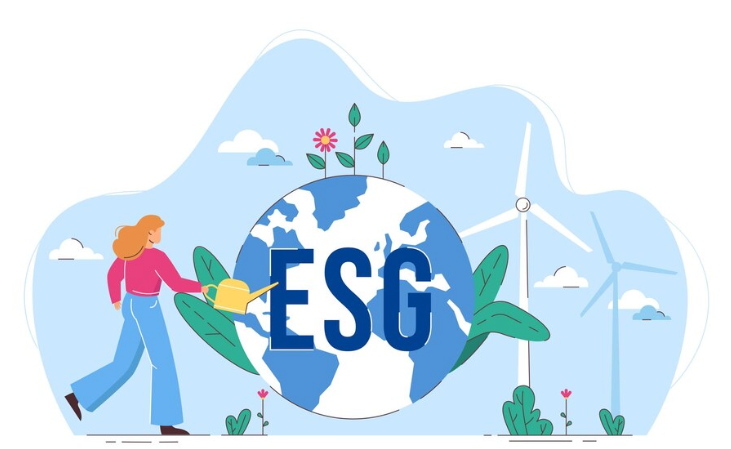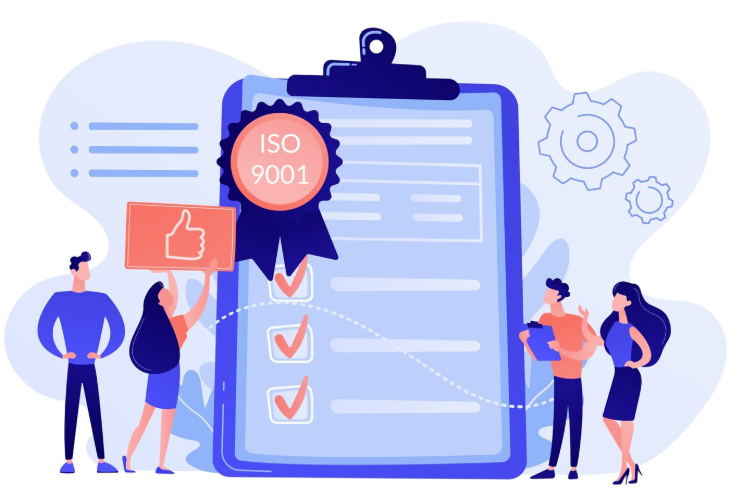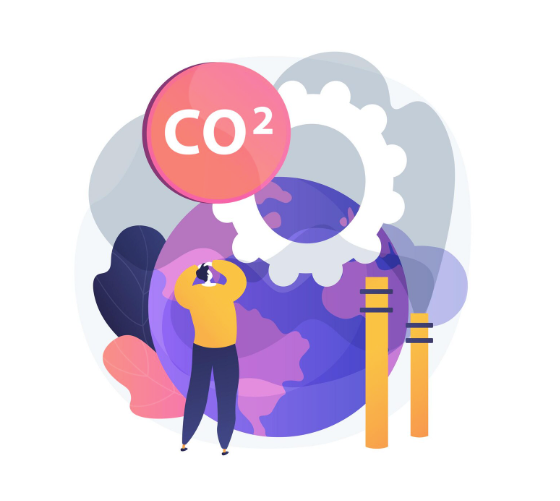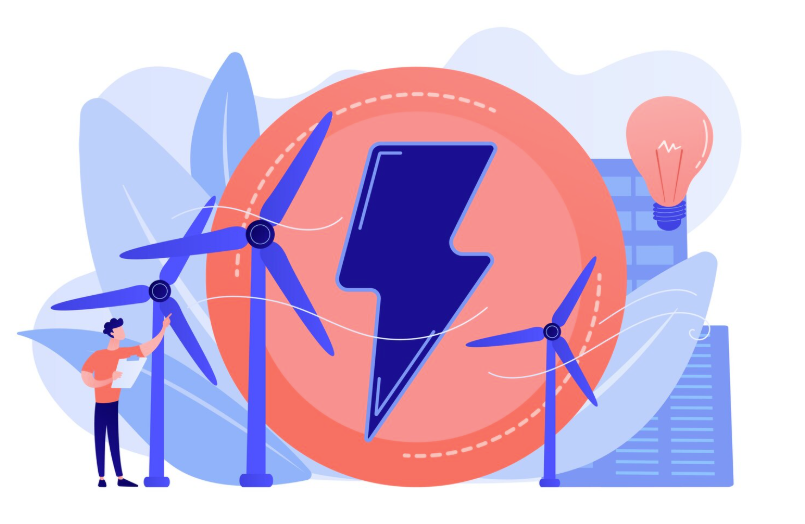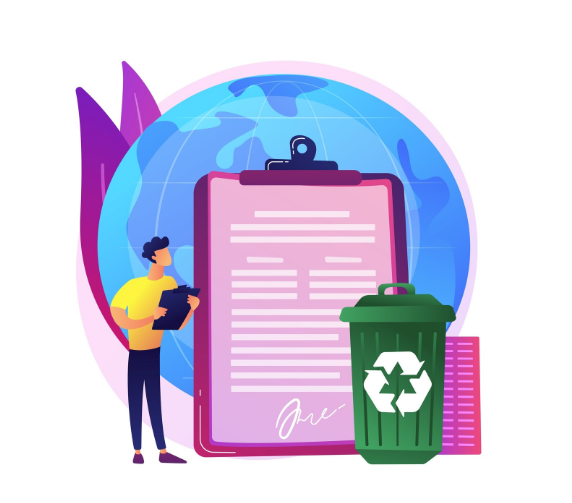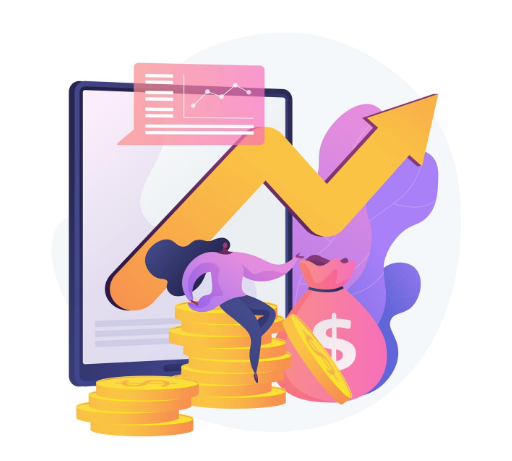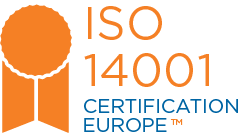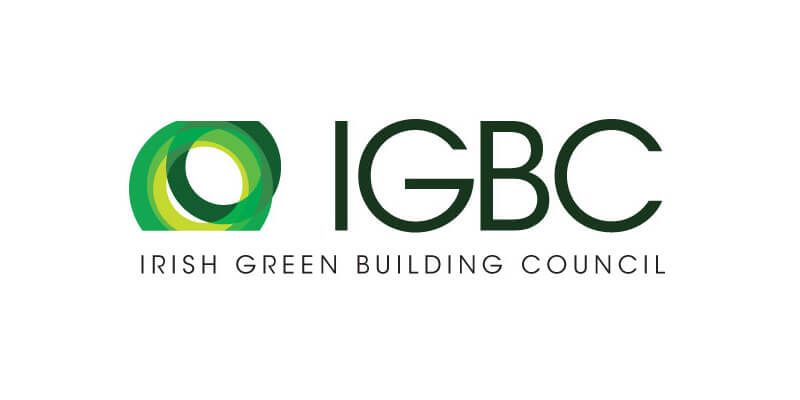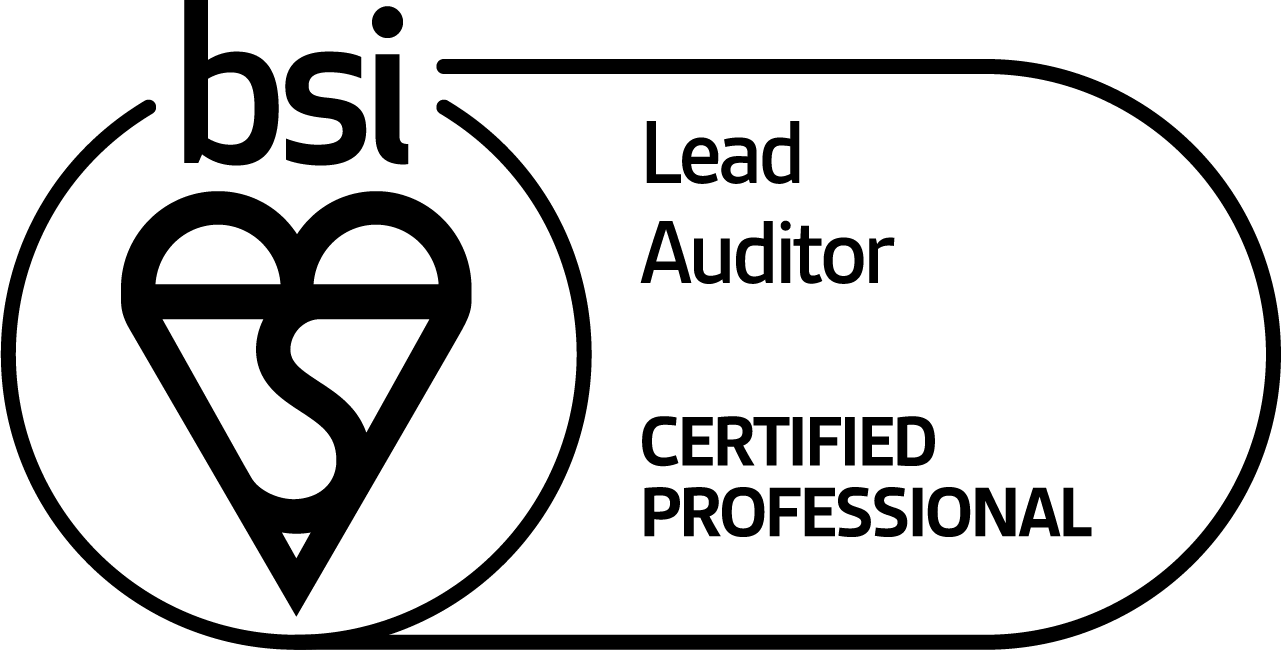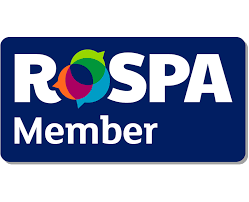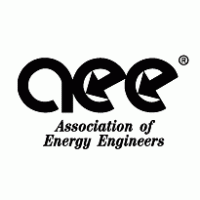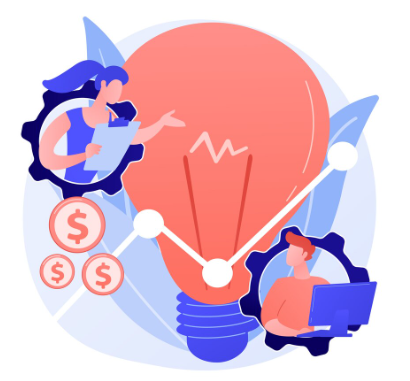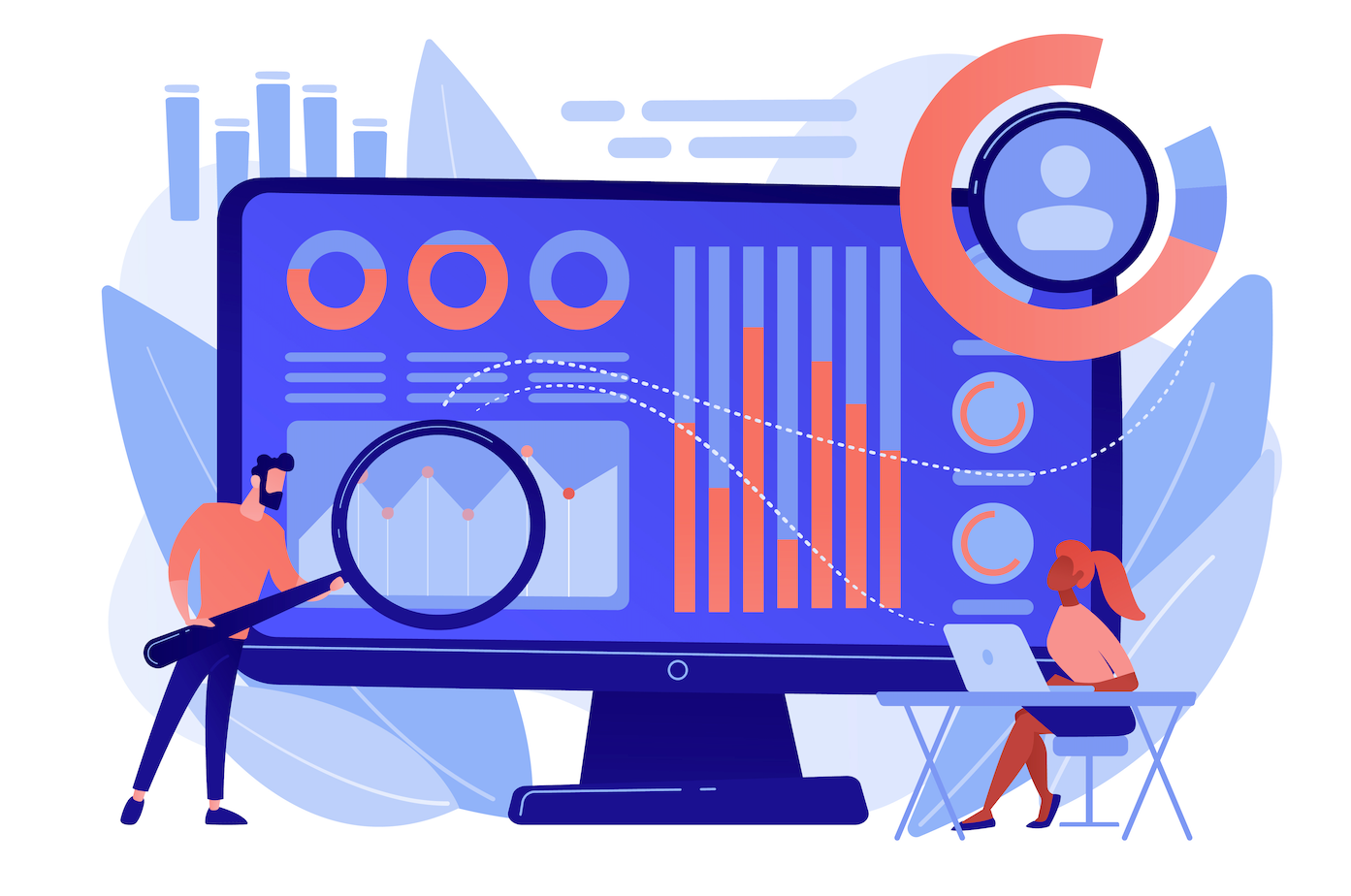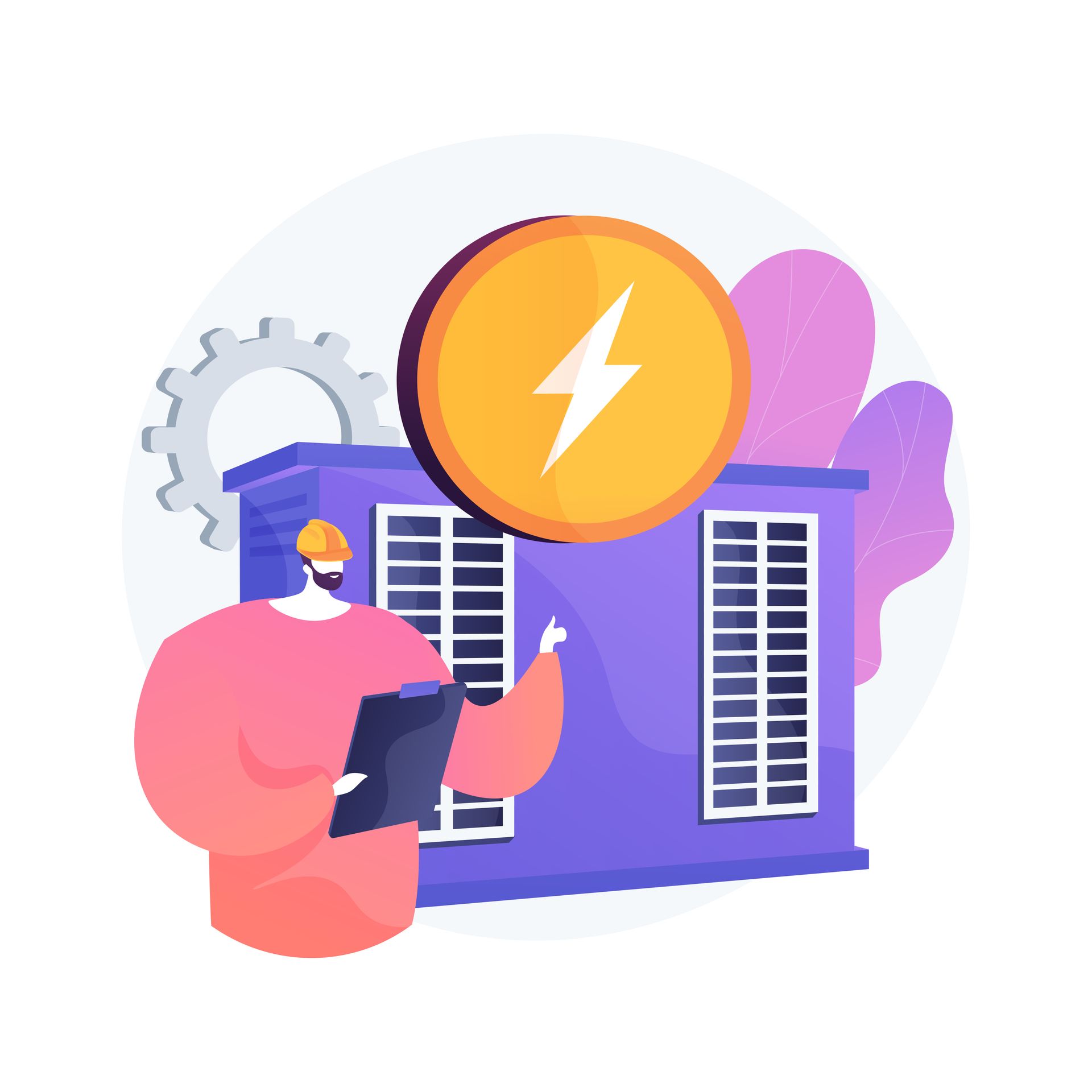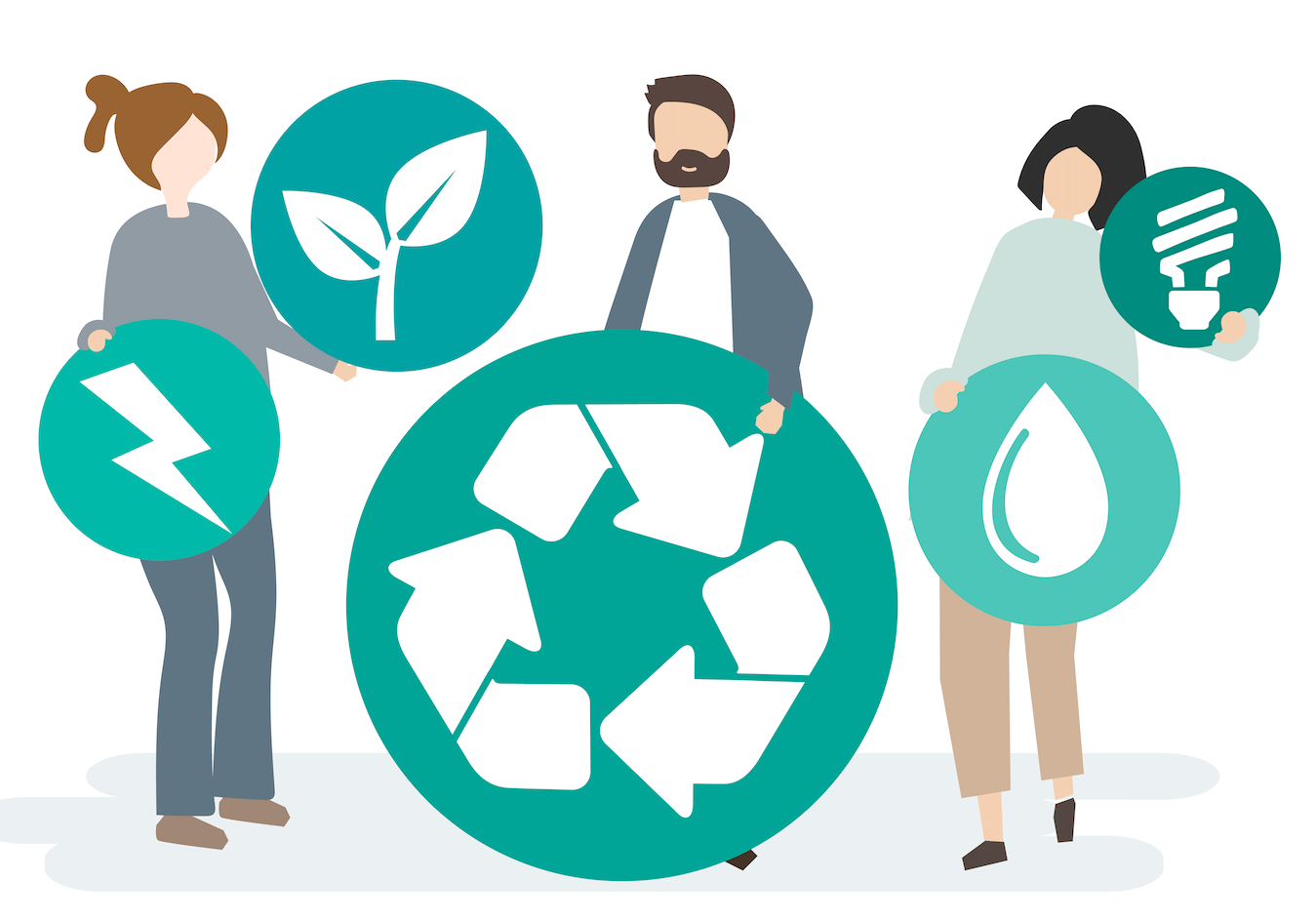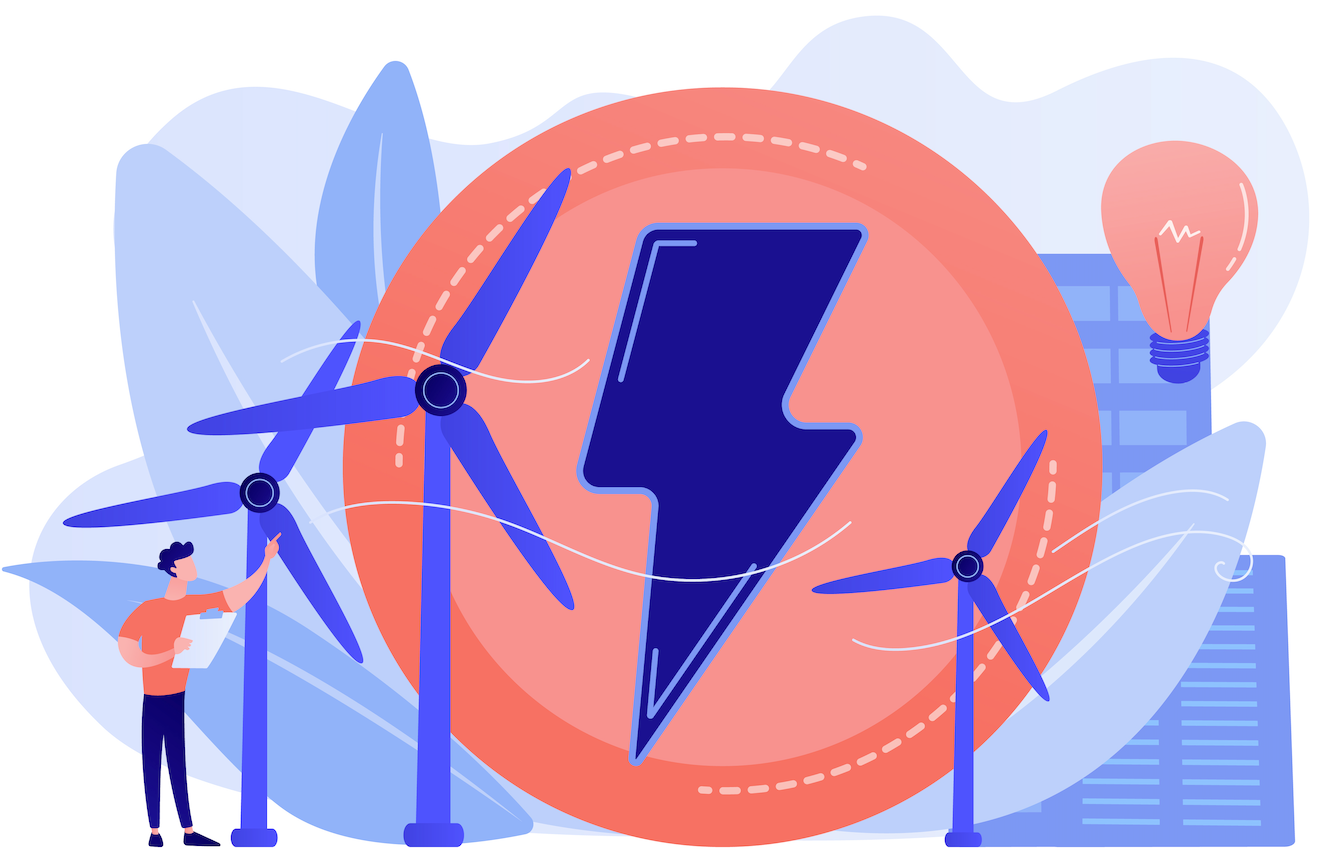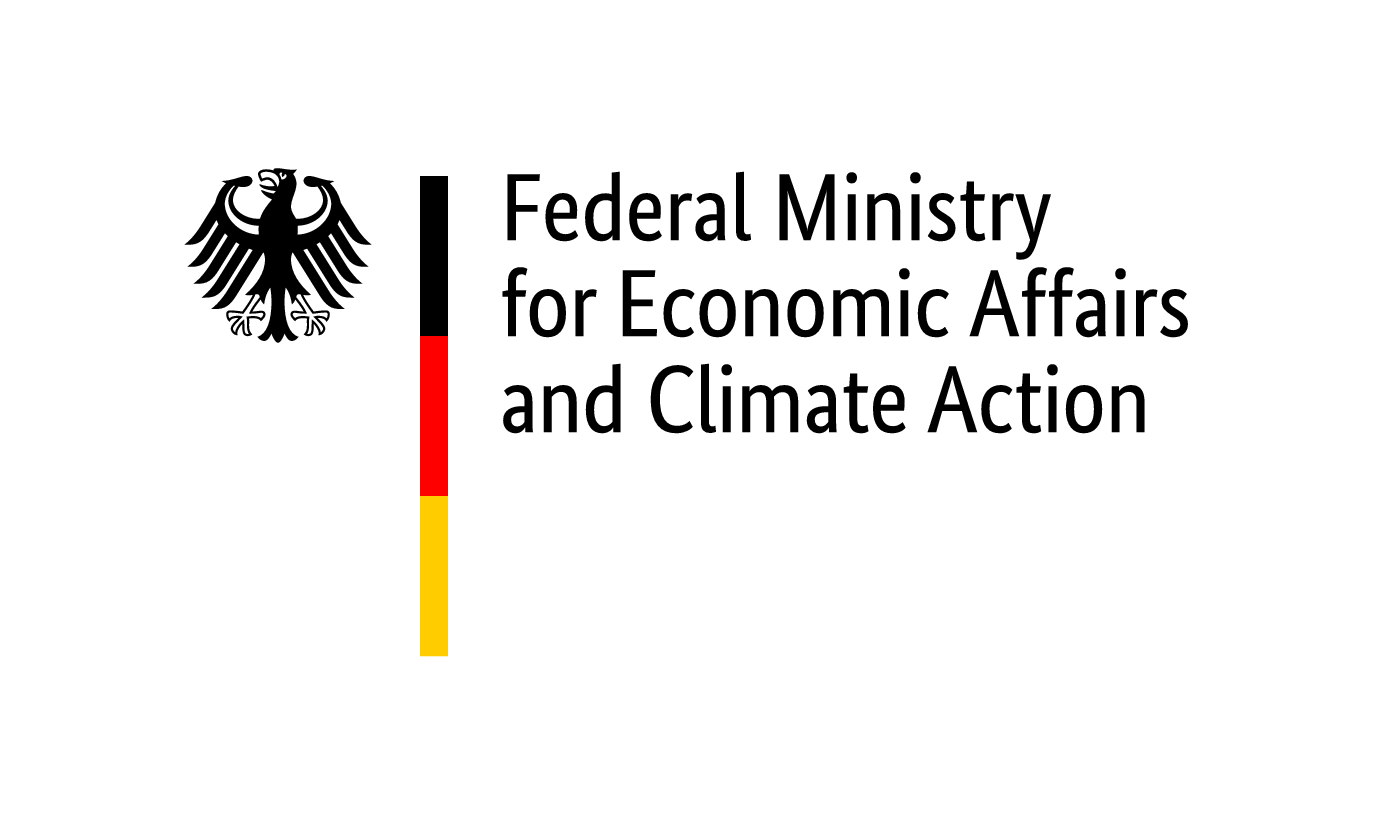
Energy Efficiency Act (EnEfG): What is it?
The Energy Efficiency Act (EnEfG) is a game-changer for businesses in Germany, requiring new strategies to reduce energy consumption and meet stringent goals.
- Key Targets: Reduce energy consumption by 500 TWh by 2030.
- New Obligations: Companies consuming over 2.5 GWh must implement energy-saving measures, with stricter rules for those exceeding 7.5 GWh.
- Mandatory Energy Management: Firms above 7.5 GWh must implement ISO 50001 or EMAS energy management systems by 2025.
- Waste Heat Recovery: All companies exceeding 2.5 GWh must recover and report waste heat use.
- Penalties: Non-compliance can result in fines up to €100,000.
Key Requirements:
- Energy Audits: Regular energy audits are mandatory to ensure transparency and track energy use. These audits should be detailed and comprehensive, helping companies identify inefficiencies.
- Waste Heat Utilization: Companies above the 2.5 GWh threshold must implement waste heat recovery systems. This can provide savings of 20-40% with relatively short payback periods. Additionally, companies must report this data to a national platform for monitoring.
- Energy Management Systems: Large energy consumers (7.5 GWh+) must establish certified energy management systems like ISO 50001 or EMAS by 2025. This ensures long-term compliance and fosters a culture of energy efficiency.
- Data Centers: Special rules apply to data centers, which must comply with efficiency standards and use a significant proportion of renewable energy. Companies managing large IT infrastructures must prioritize energy-efficient cooling and power systems.
- Public Sector Leadership: Public institutions must lead by example, aiming for 2% annual energy savings, which influences the private sector’s approach to energy conservation.
- Transparency and Reporting: All affected companies are required to submit energy-saving plans, which must be transparent and published within three years. These plans will need to detail how they will meet the energy-saving requirements set out by the
EnEfG.
What are the benefits?
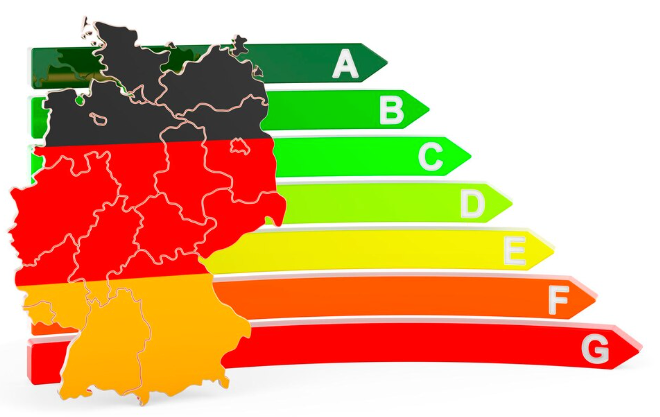
For businesses, these measures are not just about compliance but offer significant cost savings through improved energy efficiency. Effective waste heat recovery, for instance, can reduce energy costs significantly, and companies that adopt early may find competitive advantages in both cost reduction and meeting sustainability goals. Additionally, there are government incentives available for companies that proactively improve energy efficiency.
The Energy Efficiency Act provides a clear opportunity for businesses to adopt more sustainable practices, reduce their carbon footprint, and save on energy costs in the long run.
For more detailed guidance and specific compliance strategies, businesses are encouraged to work with energy consultants to ensure they meet all legal requirements while maximizing energy efficiency gains.
We help international companies achieve Energy Efficiency Act compliance.
Navigating the Energy Efficiency Act (EnEfG) can be complex, especially for international businesses operating in Germany.
Bramo Energy can assist in:
- Developing energy management systems (ISO 50001/EMAS) for seamless compliance.
- Performing energy audits to identify efficiency improvements.
- Implementing waste heat recovery solutions that lower energy consumption and boost savings.
- Ensuring transparent reporting to avoid fines and improve sustainability performance.
We offer tailored, strategic solutions that help companies meet regulatory requirements while achieving long-term operational efficiency and cost savings.
Would you like to know more?
Or do you have any questions about one or more of these topics?
Feel free to contact us at hello@bramoenergy.com.
